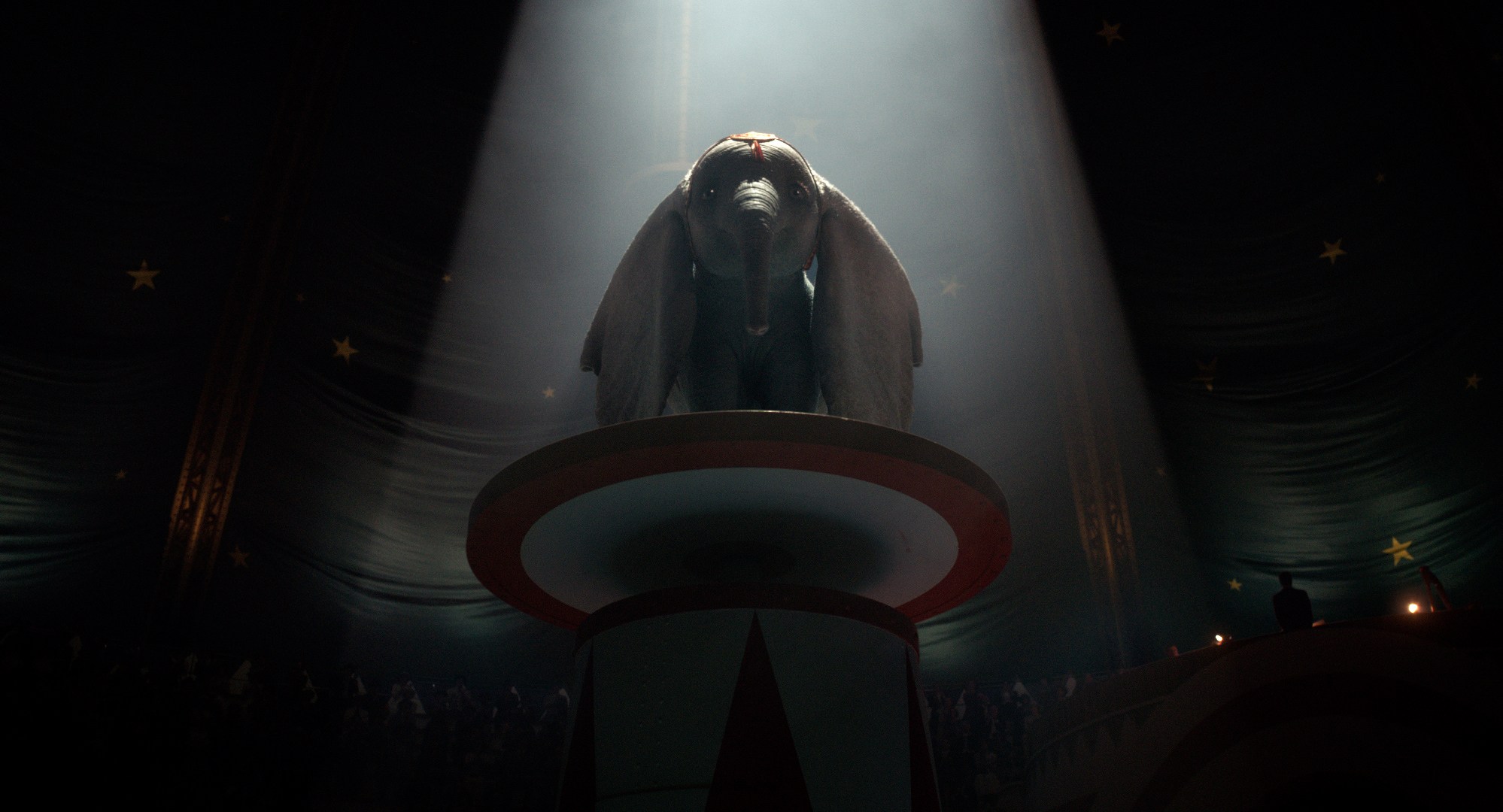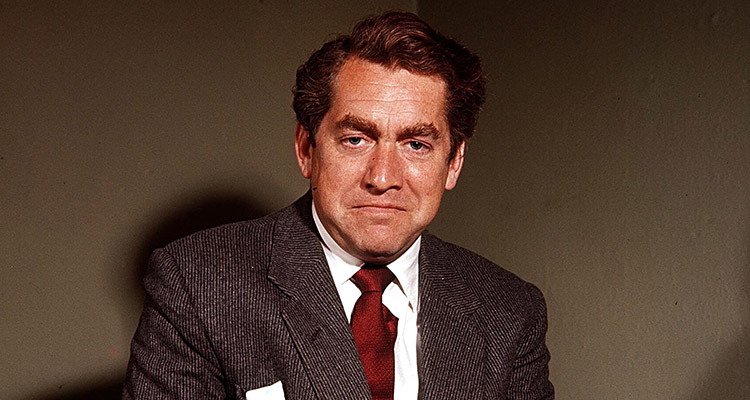 Chucky is back, just not as you remember. Our favourite killer doll has got an upgrade for the 21st Century but that’s not all that’s different. Gone is the spirit of serial killer Charles Lee Ray along with original voice actor Brad Dourif. Chucky is no longer possessed, not quite, instead he’s a learning AI with a few safeguards turned off. The production of the movie has caused friction with original creator Don Mancini who, not only is not involved in this movie, is producing his own Child’s Play TV series that will continue the continuity of the films, with the exception of this entry which has branched off on its own. Losing Dourif was a big blow but with Mark Hamill stepping in, the remake/reboot of Child’s Play certainly piqued my interest.
Chucky is back, just not as you remember. Our favourite killer doll has got an upgrade for the 21st Century but that’s not all that’s different. Gone is the spirit of serial killer Charles Lee Ray along with original voice actor Brad Dourif. Chucky is no longer possessed, not quite, instead he’s a learning AI with a few safeguards turned off. The production of the movie has caused friction with original creator Don Mancini who, not only is not involved in this movie, is producing his own Child’s Play TV series that will continue the continuity of the films, with the exception of this entry which has branched off on its own. Losing Dourif was a big blow but with Mark Hamill stepping in, the remake/reboot of Child’s Play certainly piqued my interest.
The Good Guy dolls are no more, instead the next big toy kids have to have is Buddi by Kaslin Industries. In a factory in Vietnam, a worker is chastised by his boss which drives him a little maniacal. He takes the doll he’s been working on and disables all the safety features before committing suicide. The doll finds its way across the Atlantic to Zed-Mart clerk Karen Barclay (Aubrey Plaza) who gives it to her 13-year-old hearing-impaired son Andy (Gabriel Bateman). The Buddi doll, who names itself Chucky for literally no reason, seems to be faulty but functional. Andy and Chucky bond as the doll continues to learn and adapt. Before long it becomes a little too close to Andy and will do anything to ensure their playtime isn’t interrupted.
Within the opening scene I had all but written this movie off. Chucky is supposed to be a possessed doll, not a robot with no supernatural basis. Instead it is this concept that gives the franchise a fresh and original idea that benefits the story. Chucky isn’t evil at first, he’s a blank slate ready to soak up his environment. The filmmakers play with the idea that horror movies can influence children to commit violence as this happens to Chucky when he’s inspired by Andy’s viewing of The Texas Chainsaw Massacre 2. An extremely meta notion considering the franchise’s own controversies.
The allusions to Frankenstein and Terminator 2 are evident, especially the latter as Andy tries to teach Chucky the differences between right and wrong. Director Lars Klevberg even succeeds in making the killer doll sympathetic in the first act. Mark Hamill’s work is as brilliant as you’d expect, injecting Chucky with a range of emotions from a childlike wonder who’s a little clingy to a psychotic murderer with grandiose plans. His singing of the Buddi song is truly chilling.
 Changing the format of Child’s Play so dramatically proves to the be film’s biggest strength. While it serves as a remake, the reboot factor allows for a reimagining of Chucky’s origin that prevents the movie from being stale or soulless, although, technically, the latter is what the plot entails. The solid performances from Bateman and Plaza strengthen the film, giving us characters to invest in as opposed to cannon fodder for Chucky. There isn’t a great deal of deaths onscreen but the ones we see are inventive, many thanks to Tyler Burton Smith’s screenplay that has Chucky able to control all Kaslan products, which everyone seems to own.
Changing the format of Child’s Play so dramatically proves to the be film’s biggest strength. While it serves as a remake, the reboot factor allows for a reimagining of Chucky’s origin that prevents the movie from being stale or soulless, although, technically, the latter is what the plot entails. The solid performances from Bateman and Plaza strengthen the film, giving us characters to invest in as opposed to cannon fodder for Chucky. There isn’t a great deal of deaths onscreen but the ones we see are inventive, many thanks to Tyler Burton Smith’s screenplay that has Chucky able to control all Kaslan products, which everyone seems to own.
There is nothing subtle about Child’s Play, it bares all and is damn entertaining in the process. The supernatural is replaced with the robot uprising, made very relevant by the familiarity of the products Chucky utilises to kill. It also makes him more dangerous in a way that has made the original films dated in recent years. A surprisingly effective remake and reboot, Child’s Play is a fun horror, and thought provoking sci-fi tale, that has thrown a gauntlet down to his Good Guy counterpart.
- Speak No Evil (2024) – Review - September 15, 2024
- Dungeons & Dragons: Honour Among Thieves - March 31, 2023
- Top 10 Films of 2022 – Thomas’s Picks - January 3, 2023




